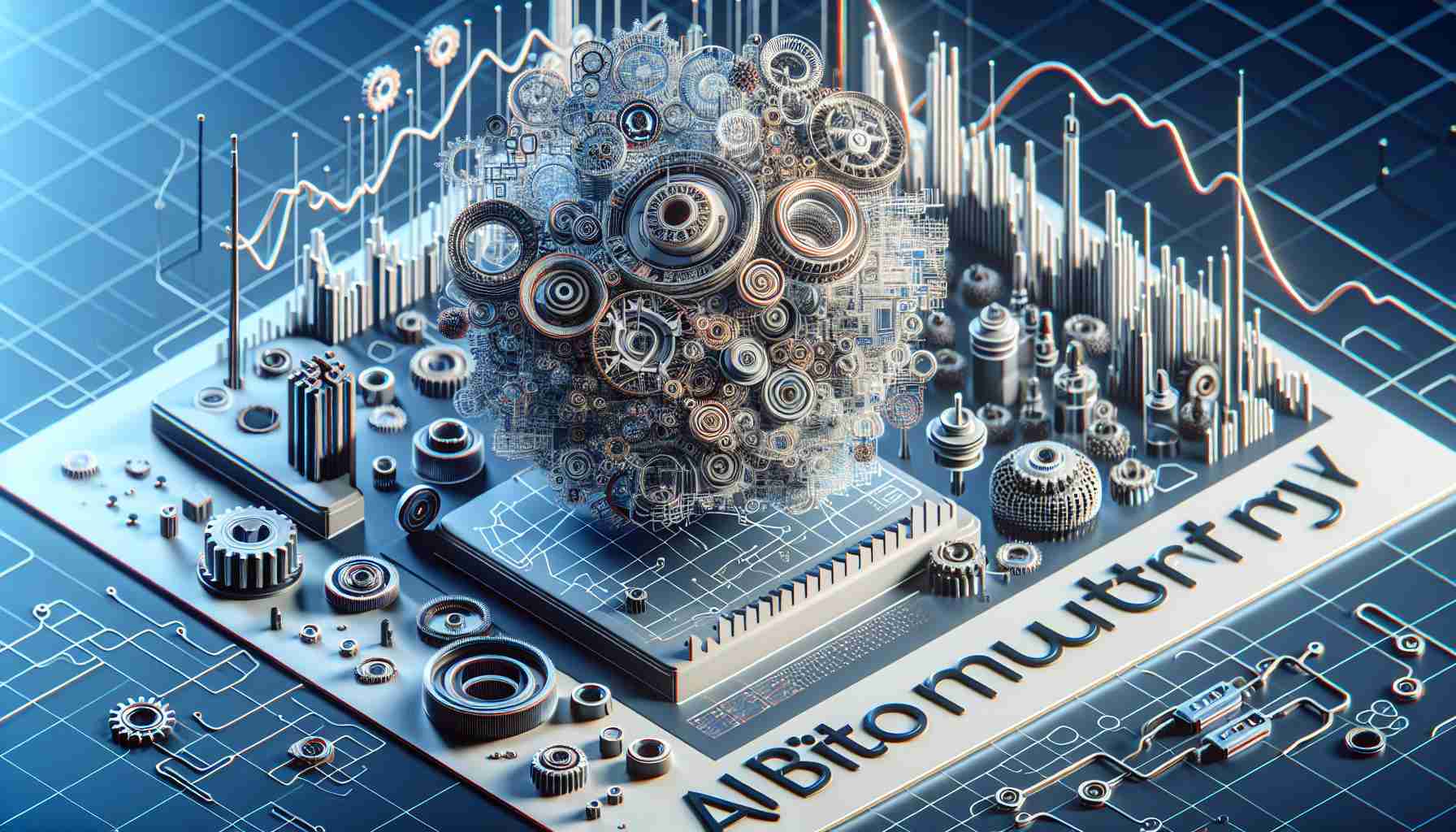For the majority of German industrial firms, artificial intelligence (AI) is a cornerstone for their competitive edge in the future, claimed by a survey revealed by Bitkom, a leading IT industry association on a Monday. Around 78% of the surveyed companies firmly believe that AI’s integration will be pivotal for the German industry’s future viability.
AI is perceived as the most critical technology by 70% of these companies, signifying that it’s not just an enhancement but the key to future-proofing the industry. With this strong conviction in the potential and importance of AI, an overwhelming 82% of manufacturing companies argue that the German industry should play a pioneering role in employing AI technologies.
These findings reflect a forward-thinking attitude within the German industrial sector and highlight the expected impact of AI on the manufacturing landscape. As businesses prepare for a dynamic future, the focus on innovation emerges as a strategic element that will define which companies thrive in the rapidly evolving industrial arena.
Key Questions and Answers:
– Why is AI considered crucial for the future of German industry? AI is seen as essential for maintaining a competitive edge due to its potential to optimize production processes, improve product quality, and enable the development of new business models and services.
– How might German industries use AI to maintain their competitive edge? German industries could integrate AI in various ways, such as predictive maintenance, smart logistics, autonomous systems, quality control, customer service, and the creation of smart products and services.
– What are some challenges associated with the adoption of AI in the German industrial sector? Challenges include the need for significant investment, a shortage of skilled workers, concerns about data privacy and security, and the need for suitable regulatory frameworks.
Key Challenges and Controversies:
– Digital Skills Shortage: Germany, like many other countries, faces a shortage of skilled professionals in AI and related digital technologies. This could limit the pace at which AI can be integrated into industry.
– Data Privacy and Security: Implementing AI often involves the processing of large volumes of data, including potentially sensitive information. Ensuring the privacy and security of this data is a critical concern, especially in Europe with GDPR regulations.
– Investment: Transitioning to AI-driven systems requires substantial financial investment in technology, training, and potentially restructuring.
Advantages of AI Integration in German Industry:
– Increased Efficiency: AI can optimize operational efficiency, resulting in cost savings and improved productivity.
– Innovative Products and Services: The adoption of AI can lead to the development of innovative products and services, opening up new markets and business opportunities.
– Improved Quality Control: AI can enhance quality control through better prediction and detection of defects or failures.
Disadvantages of AI Integration in German Industry:
– Job Displacement: The implementation of AI could lead to the displacement of certain job roles, raising concerns about job security and the need for retraining.
– Dependence on Technology: Overreliance on AI could make industries vulnerable to technology failures or cyberattacks.
Related to this topic is the official website of the Bitkom association, which may offer further insights and updates regarding the role of AI in the German industry. You can access it through the following link: Bitkom.
In conclusion, while German industrial firms recognize AI as a key component for their future success, several challenges and considerations need to be addressed. Balancing the technological advancement with socio-economic impacts will be crucial in the journey of integrating AI into the German industrial fabric.

